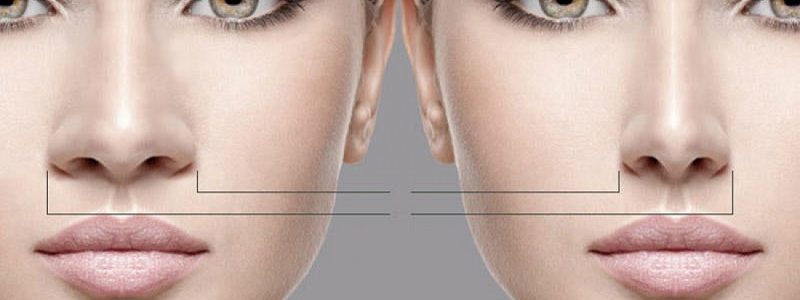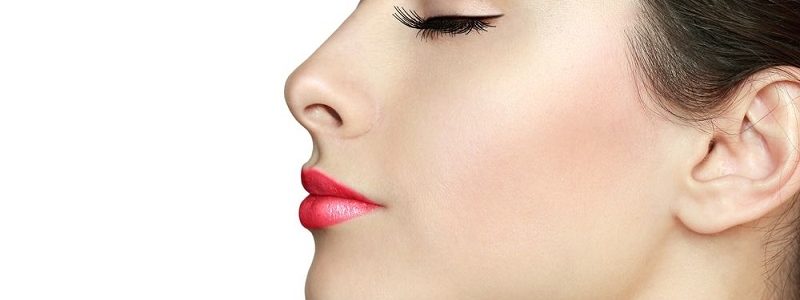There are several reasons for patients' dissatisfaction with the outcome expected at this point to consider the most common reasons.
- Poor planning before nose surgery
- Carelessness of the surgeon in cutting
- Removal of excess cartilage and bone from the bridge of the nose
- Destruction of the cartilage of the tip of the nose
- Removal of excess septal cartilage (The wall separating the nostrils is called the septum.)
- Unnecessary or poor use of skin grafts
How to prevent nose surgery from going bad?
Now the question arises, how can you prevent nose surgery from going bad?
One of the most important stages of nose surgery is finding A good nose surgeon It is where you live. All surgeons do not have enough skills to perform nose surgery, and this leads to patients' dissatisfaction with the result of nose surgery.
In the next step, you should see if you are a good candidate for nose surgery or not? Being a good candidate for nose surgery is an important factor for the success of the surgery.. If you do not have the characteristics of a good candidate, the surgery may fail. In some cases, the doctor prescribes tests before rhinoplasty to make sure the patient is healthy to allow reconstructive nose surgery..
You should also research the reputation of the clinic or hospital where the surgery is performed before surgery. During this research, you can talk to clinic patients and ask about their satisfaction with the clinic. You can also ensure the quality of these services.
Try to make sure of the care of the surgical staff and your correct and timely recovery. This reduces the chance of infection and other events that can negatively affect the healing process.
The solution to failed rhinoplasty is reconstructive surgery
There are no exact statistics on the number of unsuccessful nose surgeries, but on average, about 10% of patients after the initial nose surgery, seek reconstructive nose surgery in some way..
Rhinoplasty is not a decision that can be made quickly. Reconstructive rhinoplasty can be much more complicated than primary rhinoplasty and requires a skilled surgeon with a proper understanding of nasal structure and modern rhinoplasty techniques.. In addition, this procedure may take more time and cost more than the initial surgery.
Some people go to the same surgeon for rhinoplasty. Others go to a new surgeon who has more expertise in reconstructive nose surgery. This decision depends on the surgeon's experience and the patient's relationship with him. In any case, whatever your choice is, you should make sure that the surgeon you choose has a correct understanding of how your problem arose and can correct it..









